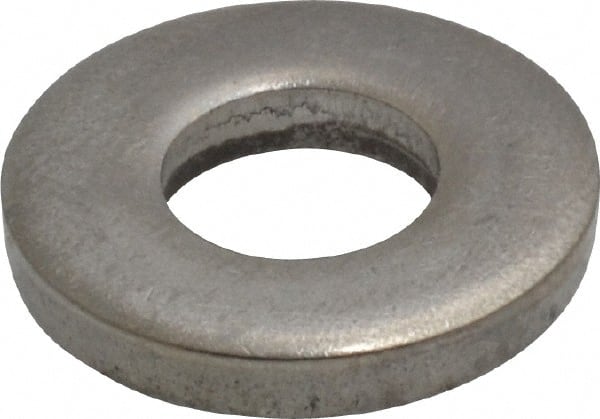The Only Guide for Sleeve nut and bolt - GRL ENGINEERS


No10 Flat Washer 18-8 Stainless Steel - Royal Upholstery
The Single Strategy To Use For The Commissioners of Patents' Journal
Acidic solutions can be taken into 2 basic classifications: decreasing acids, such as hydrochloric acid and water down sulfuric acid, and oxidizing acids, such as nitric acid and focused sulfuric acid. Increasing Need More Info? and molybdenum content offers increased resistance to reducing acids while increasing chromium and silicon content supplies increased resistance to oxidizing acids.
At room temperature, Type 304 stainless-steel is only resistant to 3% acid, while Type 316 is resistant to 3% acid up to 50 C (122 F) and 20% acid at space temperature level. Thus Type 304 SS is hardly ever used in contact with sulfuric acid. Type 904L and Alloy 20 are resistant to sulfuric acid at even higher concentrations above room temperature.
The 5-Second Trick For #8 Flat Washer, 18-8 Stainless Steel - Hi-Line Inc.
At high concentrations and raised temperature levels, attack will take place, and higher-alloy stainless steels are required. In basic, natural acids are less destructive than mineral acids such as hydrochloric and sulfuric acid. As the molecular weight of organic acids increases, their corrosivity reduces. Formic acid has the most affordable molecular weight and is a weak acid.
Type 316 is typically used for keeping and dealing with acetic acid, a commercially essential natural acid. Type 304 and Type 316 stainless-steels are unaffected by weak bases such as ammonium hydroxide, even in high concentrations and at high temperature levels. The same grades exposed to more powerful bases such as salt hydroxide at high concentrations and heats will likely experience some etching and breaking.


1/2" 316 Stainless Steel Small OD Flat Washer - Fastenal

M5 X 10mm Flat Washer - 18-8 Stainless Steel A2 - DIN125-1A - Pkg of 100 - B1664321 - GLOBALindustrial.com
Indicators on 18-8 Stainless Steel SAE Series Flat Washers. You Should Know
Organics [edit] All grades resist damage from aldehydes and amines, though in the latter case Type 316 is more effective to Type 304; cellulose acetate damages Type 304 unless the temperature is kept low. Fats and fats only impact Type 304 at temperatures above 150 C (302 F) and Type 316 SS above 260 C (500 F), while Type 317 SS is unaffected at all temperatures.
